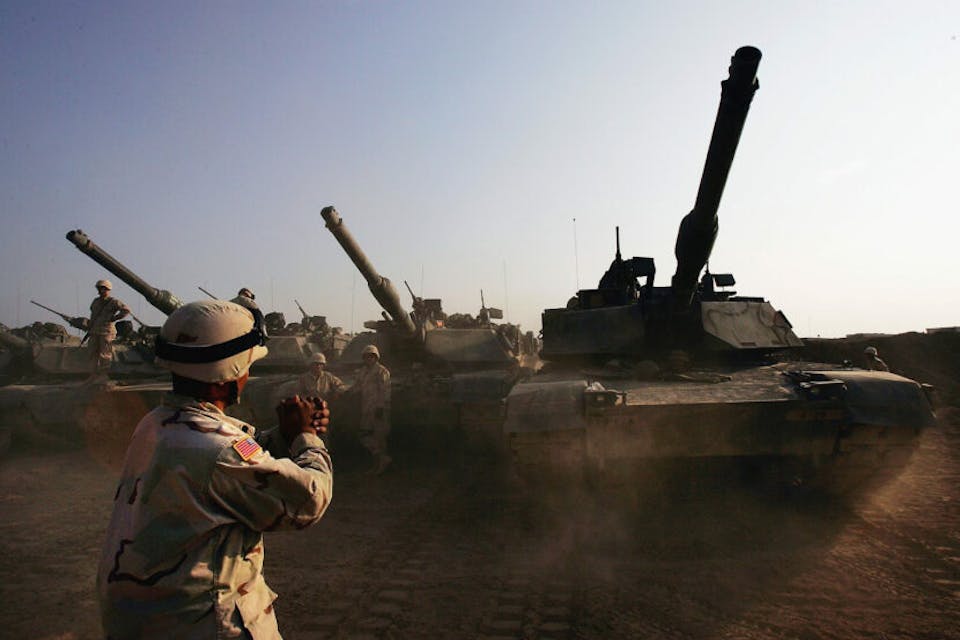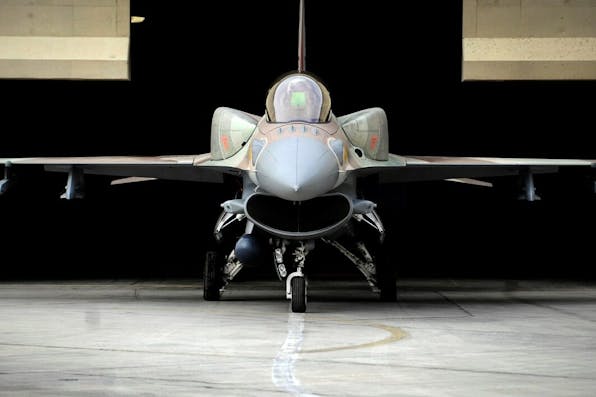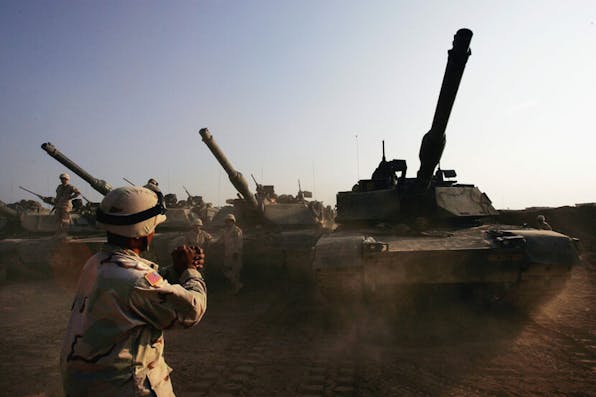
January 29, 2025
The Classic Art of War Requires Integrating All Elements of Power
Only the study of history can prepare us for the strategic challenges of the future.
In Ran Baratz’s essay “What’s Wrong with the Postmodern Military” and Victor Davis Hanson’s response, titled “What We Have Forgotten About War,” the authors lament the disease of strategic incompetence in Israel and the United States. They also diagnose its causes and prescribe therapies. In so doing they advance arguments that are important to consider and act upon. The inability to employ military forces effectively in combination with other instruments of national power is dangerous as Israel and the United States face persistent threats to their security. Sadly, their examination of the erosion of strategic competence across eight decades indicates that we remain unlikely to learn from even our most recent strategic failures and disappointments.
Baratz and Hanson trace the erosion of competence to the displacement of classical strategy and military history with social science-based theories during the cold war. Baratz’s critique is consistent with that of Colin Gray in his 1971 Foreign Policy essay, “What Rand Hath Wrought,” in which Gray lamented the “economic conflict model” that “men of ideas” used without recognizing the impracticability of that model in “the world of action.” Their analysis is also consistent with my interpretation of U.S. failure in the Vietnam War in my 1997 book Dereliction of Duty. Robert McNamara, who served as secretary of defense from 1961–1968, and the “whiz kids” who joined him in the Pentagon viewed human relations through the lenses of rational-choice economics and systems analysis. Their conceit made them vulnerable to mirror-imaging an enemy driven by an ideology they did not comprehend.
Baratz points out that the belief that social-science theories combined with new technologies can reduce dramatically or eliminate the uncertainty of war is particularly problematic. He and Hanson agree that the orthodoxy associated with the “revolution in military affairs” or RMA in the 1990s considered war in a way that was alien to its nature. In a 2003 monograph on the principal assumption that underpinned the RMA-related concepts for future war, I observed that “despite its enthusiastic embrace, the assumption of near-certainty in future war is a dangerous fallacy” and predicted that “transformation efforts based on that assumption would disadvantage rather than advantage our forces and create vulnerability rather than build strength.”
Responses to January ’s Essay

January 2025
What We Have Forgotten About War
By Victor Davis Hanson
January 2025
The IDF’s High-Tech Investments Paid Off, but They Came at a High Cost
By Edward Luttwak
January 2025
The Classic Art of War Requires Integrating All Elements of Power
By H.R. McMaster
January 2025
Unless Israel Rejects Postmodern Strategy, It Won’t Be Able to Win
By Ran Baratz